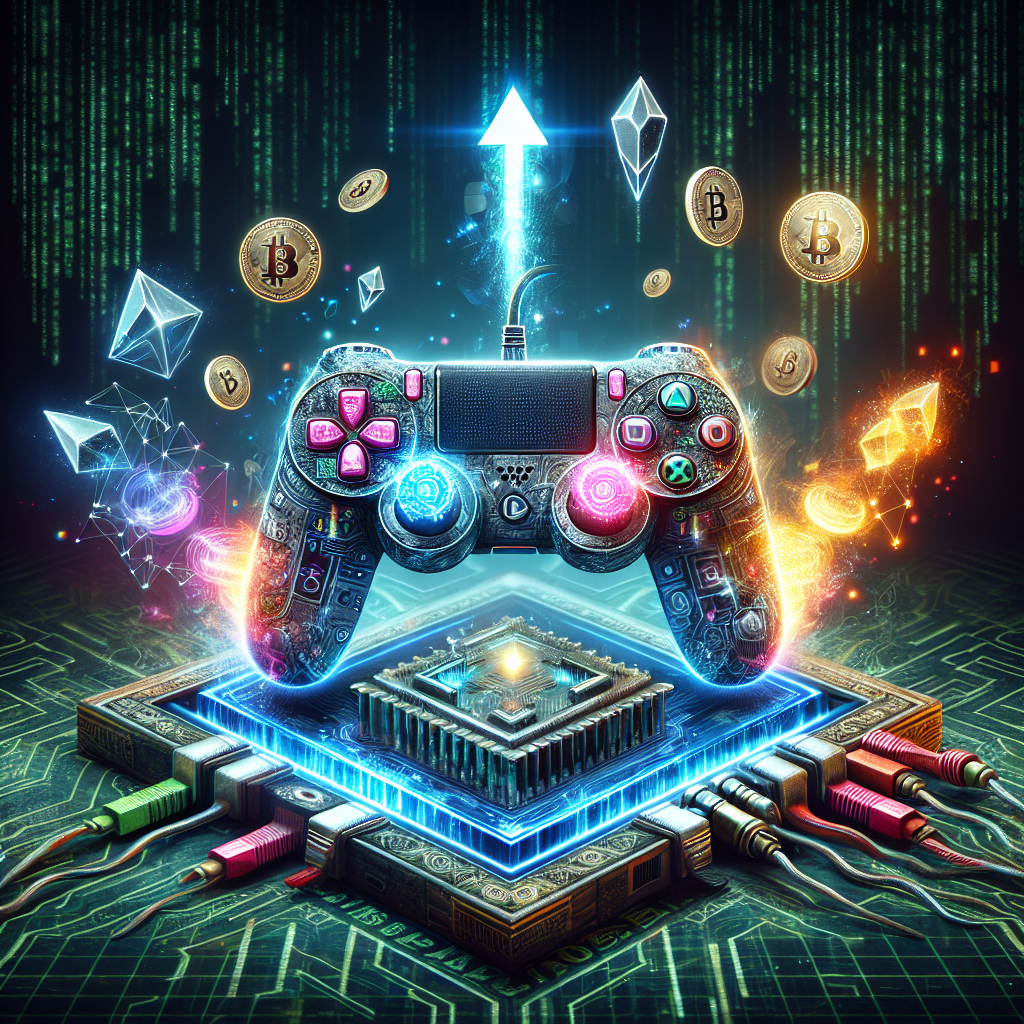[ad_1]
The Evolution of Gaming Economies
The gaming industry has undergone transformative changes over the years, moving from the early days of arcade games to highly immersive experiences in virtual worlds. A significant aspect of this evolution is the economy that fuels these gaming worlds.
Understanding In-Game Economies
In-game economies refer to the virtual trading and economic systems within video games that enable players to buy, sell, and trade virtual assets. These economies can include:
- Virtual currencies (e.g., gems, coins)
- Item trading and crafting
- Player-owned real estate
Challenges in Current Gaming Economies
Despite the growth, traditional in-game economies face challenges, including:
- Centralization: Game developers control the economy, limiting player ownership.
- Monetization barriers: Players invest heavily yet may lack real ownership.
- Interoperability issues: Items are often locked within a specific game.
Blockchain: The Game Changer
Blockchain technology is emerging as a revolutionary tool for redefining gaming economies. By offering decentralized, transparent, and immutable systems, blockchain addresses many of the current challenges.
Key Features of Blockchain in Gaming
Here are some critical features of how blockchain is reshaping gaming economies:
- Decentralization: Players gain true ownership of their virtual assets.
- Transparency: All transactions are recorded on a public ledger, preventing fraud.
- Interoperability: Assets can be used across different games within the same blockchain ecosystem.
Data Insights
| Statistic | Value |
|---|---|
| Market Size of Blockchain Gaming (2021) | $1.5 Billion |
| Projected Market Size by 2025 | $50 Billion |
| Number of Users in Blockchain Games | Over 1 Million Monthly Users |
Examples of Blockchain in Gaming
Various games are pioneering the integration of blockchain technology, setting new standards in the gaming industry.
Popular Blockchain Games
- Axie Infinity: Players breed and battle creatures in a play-to-earn ecosystem.
- Decentraland: A virtual world where users can buy, sell, and develop parcels of land.
- Gods Unchained: A strategic card game that allows players to truly own their cards.
Innovative Use Cases
- Asset Ownership: Players can own in-game items as NFTs.
- Play-to-Earn Models: Players earn real income through gameplay.
- Community Governance: Players can influence game development through DAOs.
The Future of Gaming Economies
The potential of blockchain in gaming is vast and continues to grow. Here are some future trends that may shape gaming economies:
- Wider Adoption of NFTs: Greater acceptance of NFTs will likely redefine asset ownership in gaming.
- Integration with Traditional Gaming: Major studios may start adopting blockchain for their franchises.
- Regulatory Adjustments: Governments will likely craft regulations around digital assets in gaming.
Challenges Ahead
Despite the enormous potential, the industry faces challenges, including:
- Understanding blockchain technology among mainstream players.
- Security concerns regarding digital assets.
- Regulatory uncertainty impacting developers and players.
“The future of gaming economies lies in decentralization, where every player has a stake in the virtual worlds they inhabit.”
Conclusion
Blockchain technology is set to redefine the gaming economy landscape, empowering players and creating new opportunities. As the industry evolves, collaboration between developers, players, and regulators will be crucial to building sustainable and equitable gaming economies.
FAQ
[ad_2]
